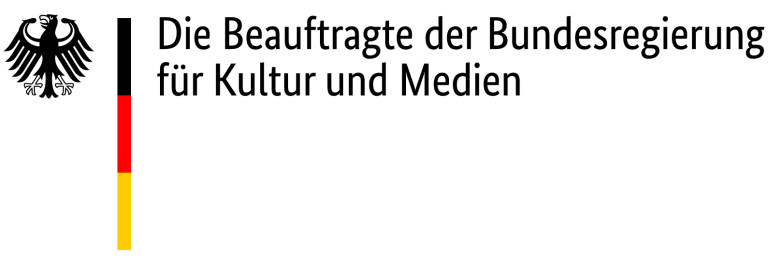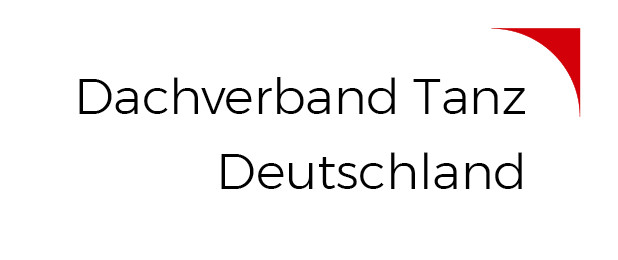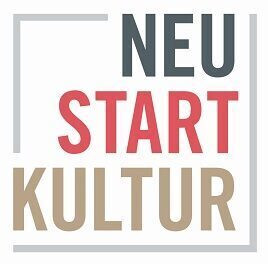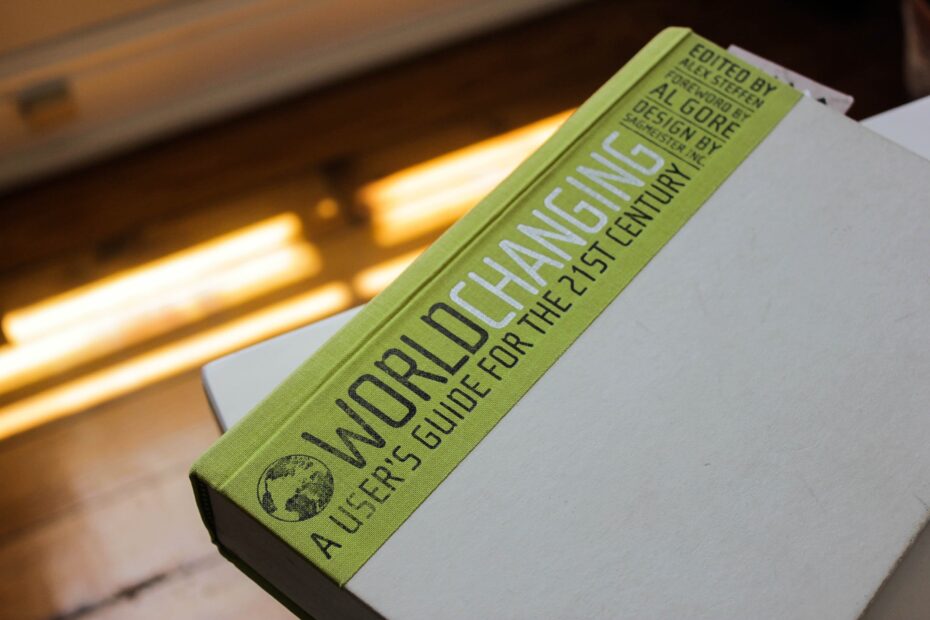Introduction
During the last decades society has undergone an accelerating change considering the economy and technology. Its effects on the workplace, and thus on the demands on the educational system preparing students for the workforce, have been significant in several ways. The current workforce is significantly more likely to change career fields or jobs. With this employment mobility comes a demand for different skills, ones that enable people to be flexible and adaptable in different roles or in different career fields.
What are the 21st Century Skills?
21st century skills comprise skills, abilities, and learning dispositions that have been identified as being required for success in 21st century society and workplaces by educators, business leaders, academics, and governmental agencies and they differ from traditional academic skills in that they are not primarily content knowledge-based.
The skills have been grouped into three main areas:
- Learning and innovation skills: critical thinking and problem solving, communications and collaboration,
creativity and innovation - Digital literacy skills: information literacy, media literacy, Information and communication technologies (ICT) literacy
- Career and life skills: flexibility and adaptability, initiative and self-direction, social and cross-cultural interaction, productivity and accountability
And the best way to build your 21st century skills? In terms of the learning and innovation skills and career and life skills, the answer is 21st century coaching and training techniques.
Literature
Chris Dede, Comparing Frameworks for 21st Century Skills, Harvard Graduate School of Education, 2009
Trilling, Bernie and Fadel, Charles: 21st Century Skills: Learning for Life in Our Times, Jossey-Bass (publisher), 2009. ISBN 978-0-470-55362-6.



